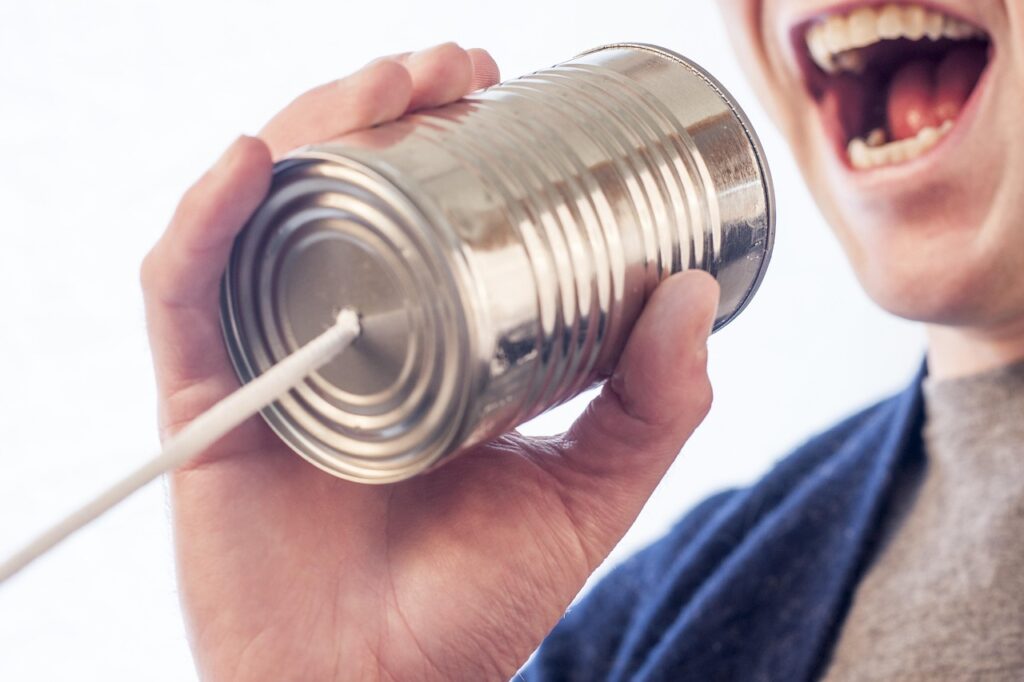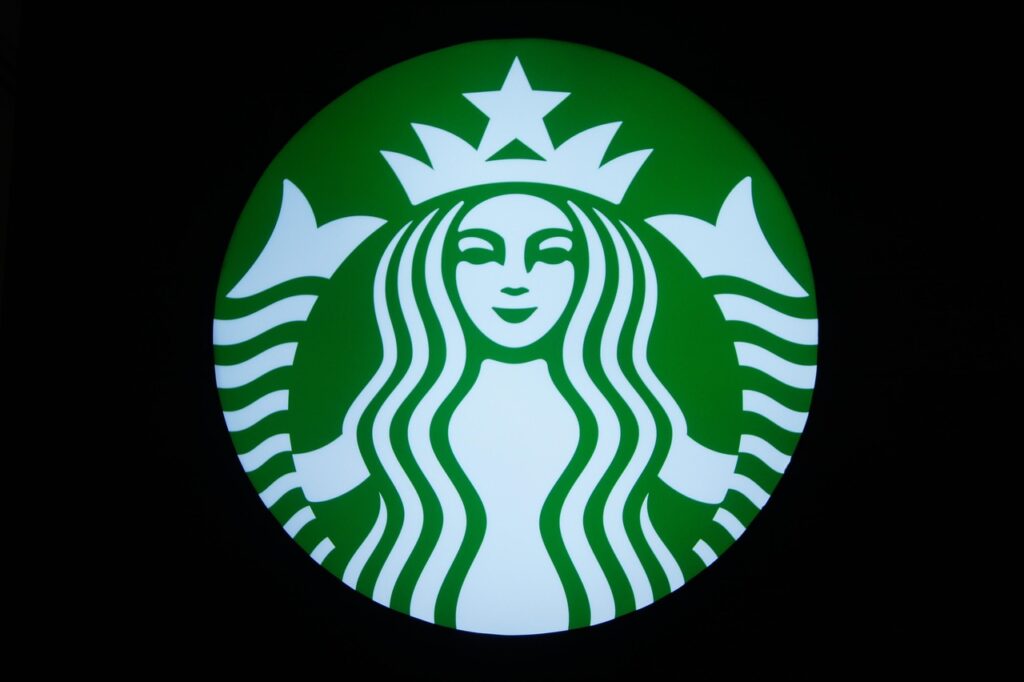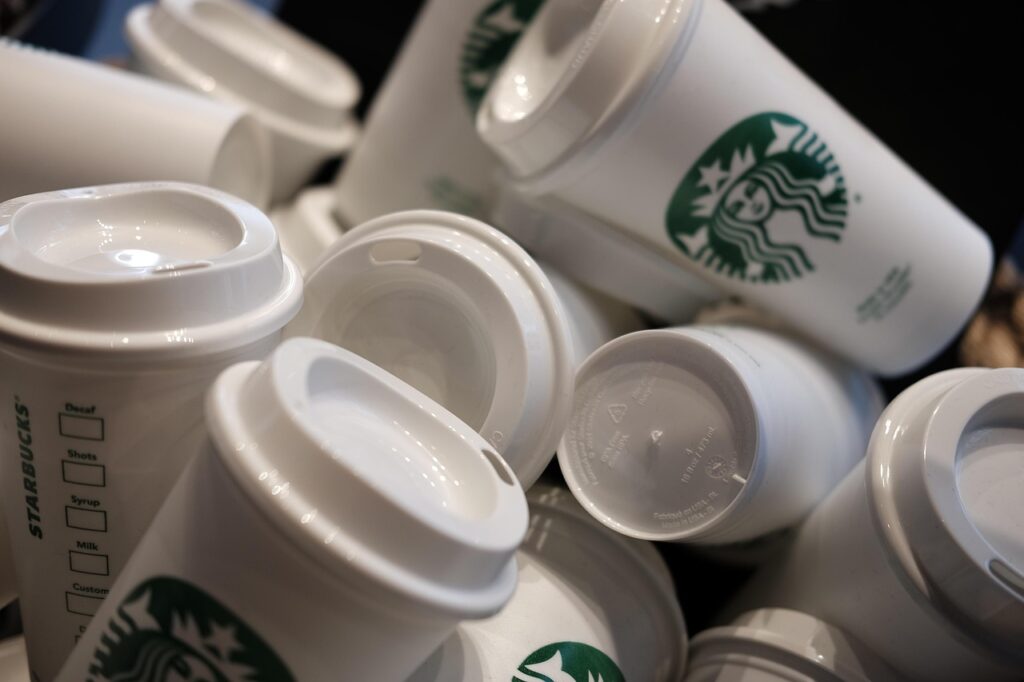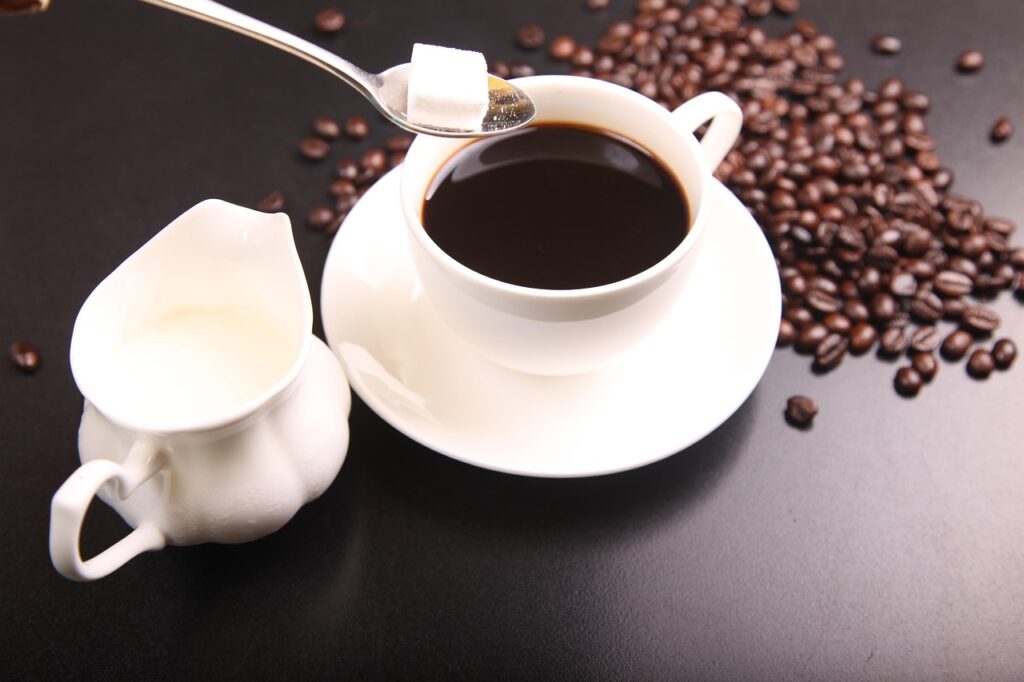
In the bustling world of social media, trends can emerge rapidly, often transforming seemingly simple acts into complex public discussions. Recently, a particular Starbucks order—the “Mint Majesty tea with two honeys”—has gained significant viral traction, becoming known as the “Charlie Kirk” drink. What began as a tribute to the late conservative activist Charlie Kirk has swiftly evolved into a multifaceted saga involving corporate policy, employee dilemmas, and the volatile landscape of online activism. For the discerning consumer, understanding the full scope of this trend goes far beyond a mere beverage preference.
This phenomenon underscores how everyday consumer interactions can unexpectedly intersect with broader societal currents, creating unforeseen challenges for both businesses and individuals. What might appear as a straightforward request at the counter can, in fact, carry layers of meaning, potential for misunderstanding, and even contribute to a fraught environment for the frontline workers serving us. Our role as consumers extends beyond simply making a purchase; it involves being aware of the ripples our choices can create.
This in-depth analysis aims to provide a clear, factual, and unbiased look at the various dimensions of the “Charlie Kirk” drink trend. By dissecting its origins, the corporate responses it triggered, the challenges it posed for baristas, and the broader implications for customer conduct, we empower consumers with actionable knowledge. Our objective is to thoroughly explain why engaging with such trends warrants careful consideration, ensuring you are well-informed before your next coffee run.
1. **The Genesis of the “Charlie Kirk” Starbucks Order Trend**
The story of the “Charlie Kirk” drink begins with the tragic assassination of Charlie Kirk himself, a 31-year-old conservative activist, who was fatally shot on September 10 during an event at Utah Valley University (UVU) in front of approximately 3,000 people. Kirk was widely recognized for founding Turning Point USA and hosting numerous political discussions with young people across US universities. His untimely death left “millions of people around the world … heartbroken, agonized and completely devastated,” according to a petition organizer.
Following his death, supporters sought ways to honor his memory, and one particular detail from his life quickly circulated online: his favorite Starbucks order. In a resurfaced video originally posted by Turning Point USA on Facebook in July, Kirk himself had revealed his go-to beverage. When a student asked him about his Starbucks cup, Kirk responded, “That’s a great question. I literally drink this for one reason, because I lose my voice very easily. It is literally just mint majesty tea with two honeys.” He even claimed to drink “nine of them a day.”
This specific drink rapidly became an “iconic thing” for his supporters, a tangible way to remember his legacy and maintain a connection to him. It was noted that he “always ordered the drink and kept it with him while debating,” with two Starbucks cups reportedly photographed near him moments before he was fatally shot. The act of ordering this particular beverage, therefore, transformed into a meaningful gesture of remembrance and solidarity for his followers.
To further cement this tribute, a campaign titled “Get Charlie Kirk’s Starbucks Order On Every Starbucks Menu” was launched on Change.org on September 14. The petition’s organizer articulated the goal clearly: “To honor Charlie Kirk’s legacy … I and those who join me in signing this petition ask Starbucks to put Charlie Kirk’s order on their menus with the name ‘Kirk Special’ or ‘The Charlie Kirk’ or some other iteration containing his name.” As of early evening on September 17, the petition had garnered a modest number of signatures and comments, underscoring the fervent desire among some to institutionalize this personal tribute.

2. **Initial Barista Confusion and Corporate Policy Ambiguity**
The viral trend of ordering Kirk’s drink quickly led to unexpected friction at Starbucks locations, primarily centered on the request to have his name written on the cup. A significant incident that brought this to public attention was a video posted on TikTok on September 16. The clip showed a customer at a Starbucks chain in Yucaipa, California, attempting to order a Mint Majesty tea with two honeys and asking the barista to write “Charlie Kirk” on the cup.
The barista, however, declined the request, asserting that they “can’t do political names.” When pressed by the customer, “Why can’t you write the whole name?” the barista reiterated, “Because it’s political.” The barista then offered to write simply “Charlie,” an alternative the customer found unacceptable, ultimately leading them to say, “Forget it. I don’t want it” and cancel the order. This interaction ignited immediate online outrage and confusion.
This single TikTok video rapidly gained immense traction, circulating widely on conservative social media accounts. It racked up hundreds of thousands of views across platforms and more than 4,000 comments on TikTok, generating an avalanche of negative Yelp reviews targeting the specific Starbucks store in Yucaipa, California. The incident exposed a significant disconnect between customer expectations and the perceived understanding of corporate policy by frontline staff, highlighting the volatile nature of social media-driven controversies.
The core of the problem lay in the ambiguity of Starbucks’ internal guidelines regarding political names on cups. Prior to any corporate clarification, baristas across the country found themselves in an unenviable position. Eight baristas, who spoke to Business Insider, expressed that they felt “trapped between corporate policy, social media infamy, and, in some cases, their own personal beliefs.” Six of these baristas reported that they believed they were prohibited from writing political names, illustrating a widespread lack of clear, consistent instruction from corporate headquarters.

3. **Starbucks’ Official Clarification: Names vs. Slogans**
Recognizing the escalating online discussion and the need for clarity, Starbucks swiftly issued statements to address the controversy. The initial response came on Tuesday, September 16, directly confirming: “There are no restrictions on customers using Charlie Kirk’s name on their order, and we are following up with our team.” This statement immediately countered the barista’s assertion in the viral video, aiming to rectify the misinformation at the store level.
The following day, Starbucks released an even more comprehensive statement, responding directly to the “online discussion about our policy for customer names on orders.” In this longer communication, the company clarified that customers are indeed permitted to use any names, including Charlie Kirk’s, when ordering their drinks, as they “aim to respect their preference.” This reaffirmed their commitment to customer choice regarding personal identifiers on orders.
Starbucks emphasized its foundational philosophy: “Starbucks is a company built on human connection. Having a name, rather than a number, attached to a customer order has been a core part of the Starbucks coffeehouse experience for decades. Most customers use their own name.” However, they also drew a crucial distinction between names and other forms of expression. While names are generally accepted, the company reiterated that it has “clear policies that prohibit political slogans or negative messages to help preserve a welcoming environment.”
To eliminate any lingering confusion for its extensive workforce of over 350,000 global staff, Starbucks provided definitive guidance. The company clarified, “We are clarifying with our team now that names, on their own, can be used by customers on their café order, as they wish.” This policy update aimed to empower baristas with a clearer understanding of what is permissible, while maintaining restrictions on political slogans or phrases. Additionally, Starbucks noted that markers are accessible to all, implying customers can always add to their cups after pick-up if they desire further personalization.
4. **The “Abuse of the System” by Customers**
While Starbucks has clarified its policy on using names, the company has also highlighted a concerning pattern of customer behavior: the deliberate “abuse of the system.” This phenomenon goes beyond simple requests for names, venturing into territory that complicates the intended customer experience and creates a challenging environment for baristas. Starbucks explicitly stated that it aims to address instances where individuals exploit the name policy for other purposes.
The primary form of abuse identified by Starbucks involves customers “using a political slogan in an attempt to get a ‘barista to shout it out as they hand off the finished drink’.” This manipulative tactic forces employees to unwittingly participate in a political statement, turning a transactional service moment into a public endorsement or advertisement. Such actions fundamentally undermine Starbucks’ goal of fostering a welcoming, neutral space for all patrons.
Beyond political messaging, Starbucks also noted that other forms of inappropriate language have been used in place of names. The company stated that some customers “have provided words that are sexually explicit or otherwise offensive.” These requests, regardless of their political nature, are equally disruptive and contribute to an unwelcoming atmosphere for both staff and other customers. They force baristas into uncomfortable situations where they must navigate offensive content in a professional setting.
Starbucks emphasized its commitment to creating an inclusive environment, stating that they want to “weed out any negative messages” while striving to make “everyone feel welcome.” This delicate balance is jeopardized when a few customers intentionally misuse the name-on-cup practice. For consumers, understanding that such behaviors place an undue burden on baristas and detract from the overall service experience is crucial for responsible engagement with the brand.
5. **Unsubstantiated Claims of Barista Misconduct**
Amidst the viral discussions and policy clarifications surrounding the “Charlie Kirk” drink, a parallel narrative emerged on social media concerning alleged barista misconduct. Some social media users claimed to have had negative experiences, posting TikTok videos that purported to show Starbucks cups with “critical messages” or “negative messages” supposedly written on them by baristas in response to requests for Kirk’s name. These claims, reported by outlets such as the Pensacola News Journal, fueled further outrage and painted a picture of widespread employee insubordination.
Starbucks, however, took these allegations seriously and initiated a thorough investigation. The company addressed these claims directly in its statement on September 16, providing clear findings based on their review. “Our investigation, which included a review of timestamped in-store video footage, confirms that in the cases shared so far, the comments were not written by a Starbucks partner,” the company declared.
This factual determination is significant, as it systematically debunked a key component of the negative narrative circulating online. Starbucks’ review of in-store video footage allowed them to ascertain the precise timing of when these messages appeared on the cups. Their conclusion was definitive: the critical comments “appear to have been added after the beverage was handed off, likely by someone else.”
For consumers, this finding underscores the critical importance of factual verification in the age of viral content. It highlights how easily narratives of misconduct can be fabricated or amplified through social media, even when the evidence points to external manipulation rather than employee actions. Relying on unsubstantiated claims can lead to unfair condemnation of frontline workers and contribute to an environment of distrust, making it essential for consumers to seek out credible information directly from the source or through verified reports.
6. **The Uncomfortable Position of Frontline Baristas**
The widespread virality of the “Charlie Kirk” drink trend placed immense pressure on Starbucks’ frontline employees, fundamentally altering their daily interactions. Baristas across the country reported feeling “trapped between corporate policy, social media infamy, and, in some cases, their own personal beliefs.” This complex environment forced them to navigate a precarious balance between customer service, company guidelines, and potentially controversial social commentary, often without adequate preparation or clear directives.
Indeed, the initial ambiguity surrounding Starbucks’ name policy meant that baristas were frequently “set up to fail” when customers presented requests involving political names. Many expressed a belief that they were prohibited from writing such names, leading to confrontational situations like the one captured in the viral TikTok video. These incidents, far from being isolated, created an atmosphere of uncertainty and vulnerability for staff, who often bore the brunt of customer dissatisfaction and online scrutiny.
Beyond individual incidents, baristas increasingly felt they were being used as unwitting participants in broader social media narratives. Many employees have taken to online platforms themselves to express how customers are increasingly leveraging them as “characters in their social media posts about culture war topics.” This trend transforms a routine transaction into a potential performance, placing an undue burden on baristas who are simply trying to perform their jobs in a professional and neutral manner.
As one barista, with over six years of experience, articulated, these situations put staff “in a very uncomfortable position, given that we are at a workplace and would effectively be getting caught up in a customer’s opinion that we may or may not agree with and cannot walk away from.” This highlights the emotional labor involved when personal beliefs or political stances are forced into a customer service interaction, creating an environment that is anything but welcoming for the employees.
7. **Operational Challenges and Talent Retention**
The complexities introduced by politically charged customer requests extend beyond individual barista discomfort, impacting Starbucks’ broader operational stability and its ability to retain talent. The incident surrounding the “Charlie Kirk” drink serves as a stark illustration of how a seemingly simple customer policy—the writing of names on cups—can have a “messy rollout at the individual or store level” if not clearly communicated and supported.
Experts emphasize that a lack of clear and consistent communication from corporate headquarters directly jeopardizes employee morale and retention. Michael Goldberg, a professor of entrepreneurship and finance, noted that if Starbucks “doesn’t clearly communicate the rules to in-store staff, it risks problems with retaining talent at a delicate time.” In an industry where employee satisfaction and a stable workforce are crucial, such challenges can have significant long-term repercussions.
Starbucks has over 350,000 global staff, and the collective experience of these employees directly shapes the company’s public perception. When policies are ambiguous or create uncomfortable situations for baristas, it leads to “customers questioning the corporation’s position ‘because these hundreds of thousands of baristas represent the company’.” This erosion of trust, both internal and external, undermines the consistent brand experience Starbucks strives to deliver.
For a company like Starbucks, where “retention of talent is paramount,” preserving the appealing aspects of working there is critical. Goldberg warned that if the company strips away what makes working at Starbucks attractive, employees have “many other retail establishments that are hiring.” The constant exposure to culture war topics and the pressure to manage politically motivated customer requests can make the workplace less appealing, potentially driving valuable employees to competitors.
Read more about: Market Reconfiguration: Examining Why Leading EV Brands from 2023 Face New Pressures in 2024’s Evolving Landscape
8. **Impact on Starbucks’ Brand Image and Customer Trust**
The “Charlie Kirk” drink controversy also significantly impacted Starbucks’ carefully cultivated brand image, testing its commitment to being a “community coffeehouse where everyone feels welcome.” The viral nature of the incidents, particularly the initial refusal to write Kirk’s name, generated “an avalanche of negative Yelp reviews targeting the specific Starbucks store in Yucaipa, California,” demonstrating immediate reputational damage at the local level.
Beyond localized backlash, the controversy prompted broader calls for action. Some Charlie Kirk fans began “posting online, calling for a boycott of the coffee brand,” signifying a direct challenge to Starbucks’ customer base and commercial success. Such movements, amplified by social media, can quickly erode consumer trust and loyalty, particularly among segments of the population who feel their values are not being respected or accurately represented by the brand.
Starbucks’ foundational statement that it is “a company built on human connection” and that “having a name, rather than a number, attached to a customer order has been a core part of the Starbucks coffeehouse experience for decades” underscores the brand’s vulnerability in this situation. When this personalized connection is perceived to be compromised by political filtering or uncomfortable interactions, it can undermine the very essence of what Starbucks aims to offer its patrons.
The company’s stated goal to “weed out any negative messages” and make “everyone feel welcome” highlights the delicate balance it must strike. However, when customers “abuse the system” by inserting political slogans or offensive content, it directly challenges Starbucks’ ability to maintain this welcoming and neutral environment. The resulting public discourse, as constitutional law professor Robert Post noted, puts Starbucks in a position where “you can’t win for trying,” potentially alienating one group of customers while attempting to appease another.
Read more about: Seriously Inspiring! These 15 Icons Faced Massive Rejection (Like 50+ Times!) Before Dominating Their Fields – Get Ready to Be Motivated!

9. **Social Media as an Amplifier of Commercial-Political Tensions**
The “Charlie Kirk” drink trend vividly illustrates the potent role of social media platforms in amplifying commercial-political tensions. What began as an isolated incident in a single Starbucks store—a barista declining to write a name—was rapidly transformed into a nationwide controversy due to a single TikTok video. This clip quickly gained “hundreds of thousands of views across platforms and more than 4,000 comments on TikTok,” showcasing the immediate and far-reaching impact of online content.
Social media platforms act as accelerants, allowing individual grievances or perceived injustices to become viral phenomena within hours. The initial video “ignited immediate online outrage and confusion,” fueling a narrative that was then perpetuated by “subsequent copycat posts” across various platforms. This rapid dissemination creates a feedback loop, where each new post or comment further entrenches and expands the controversy, making it difficult for companies to manage or contain the narrative.
As one West Coast barista observed, “When things like this gain traction, they basically become a meme.” This transformation into a meme signifies a loss of control over the original context, allowing the issue to be reinterpreted, exaggerated, and spread for entertainment or political purposes. The original intent or policy detail often gets lost in this process, replaced by simplified, emotionally charged content designed for maximum engagement.
This dynamic forces businesses to contend with a new form of public relations crisis, where information (and misinformation) spreads at an unprecedented rate. Starbucks found itself in a reactive position, compelled to issue multiple statements and conduct investigations to address allegations that originated and proliferated primarily through social media. The speed and scale of these online discussions underscore the critical role social media plays in shaping public perception and dictating the terms of engagement between consumers and corporations in politically charged times.

10. **Navigating Politically Charged Consumer Spaces**
The “Charlie Kirk” drink saga is more than an isolated incident involving a specific beverage; it represents a broader trend of consumer spaces becoming arenas for political expression and conflict. This phenomenon challenges businesses, particularly those with a widespread public presence like Starbucks, to define their role in an increasingly polarized society. The company’s efforts to clarify its name policy while prohibiting “political slogans or negative messages” directly reflect this ongoing struggle to maintain neutrality amidst intense societal divisions.
This incident highlights how customers are increasingly bringing their political identities and affiliations into everyday commercial transactions. Baristas reported that customers have made “similar requests related to Trump, the war in Gaza, Black Lives Matter protests, and other social movements,” indicating a consistent pattern of using commercial interactions to make political statements. This puts companies in a precarious position, as they must balance respecting individual customer preferences with fostering an inclusive environment for all patrons and employees.
For consumers, this trend necessitates a heightened awareness of the impact of their choices and requests. While the freedom to express oneself is a fundamental right, utilizing commercial platforms to force political messages onto unwilling employees or into a shared public space raises ethical questions. The intentional “abuse of the system,” as identified by Starbucks, demonstrates a deliberate attempt to co-opt a service transaction for external political objectives, which can detract from the intended customer experience for others.
The broader implications extend to how companies navigate their corporate social responsibility. Robert Post of Yale acknowledged that these types of viral social media issues become problematic for Starbucks due to “negative publicity and put baristas in a ‘stressful situation’.” The challenge for businesses is to implement policies that are clear, consistently applied, and effectively communicated to all staff, while simultaneously anticipating and mitigating the potential for political exploitation of their services.
Read more about: Green Over Truth: New Court Filings Reveal Rupert Murdoch’s Business Rationale Behind Fox News’s Election Coverage Amid $1.6 Billion Lawsuit
Ultimately, the “Charlie Kirk” drink trend serves as a comprehensive case study for both corporations and consumers. It underscores the complex interplay of social media, corporate policy, employee welfare, and the evolving nature of consumer advocacy in a politically charged landscape. As consumers, our informed decisions and respectful engagement become paramount in fostering a commercial environment that serves everyone equitably, moving beyond mere transactions to uphold shared values of respect and clarity for both service providers and fellow patrons.









